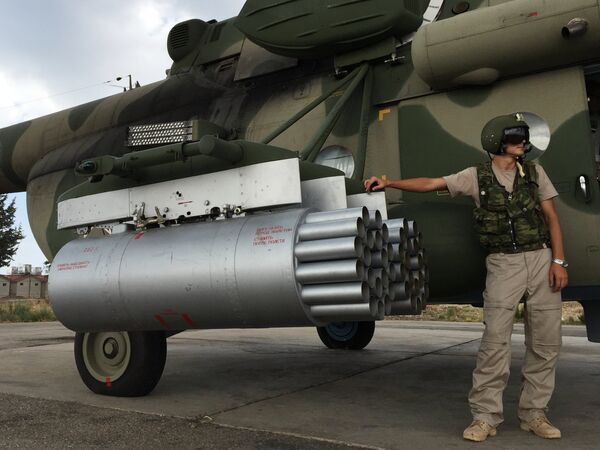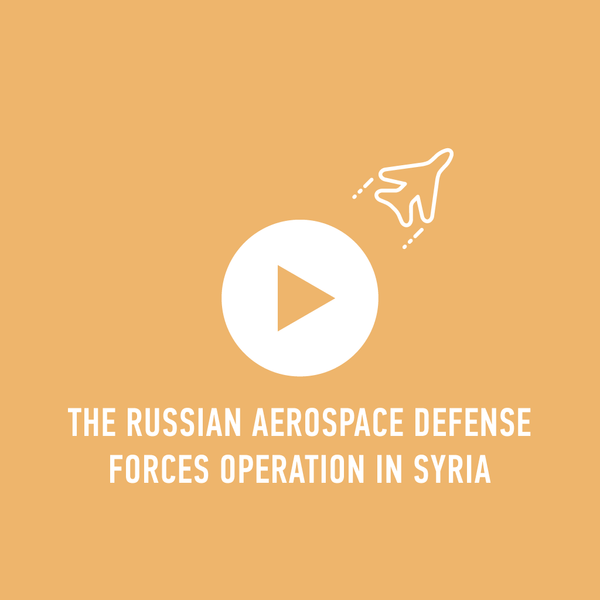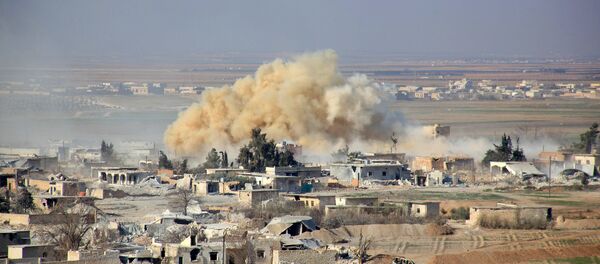"First, they pushed all the interested players to deal with the Kremlin, which can no longer be treated as 'isolated,'" he noted. "It has become clear that including Russia is far more profitable, both politically and operationally, than marginalizing it."
The alleged isolation of Russia has been a major theme primarily for the American political establishment following the outbreak of the Ukrainian crisis. But Moscow's vigorous engagement in Syria has helped to offset any attempts to dismiss Russia as a viable partner.
"Second, Moscow's actions have managed to shift some Western elites' perception of Assad, especially when contrasted with the rapidly growing threat of the Islamic State. While the Paris atrocities and the shootings in California helped make [Daesh] the primary concern, Moscow's military operations in Syria firmly positioned the Kremlin as a leader in the anti-[Daesh] campaign," Suchkov observed.

Moscow has long pointed out that this stance is counterproductive. Recent developments indicate that the US leadership is gradually getting on board as well. The "Assad-must-go" rhetoric has been toned down. The demand form the Syrian president to step down has not been articulated in the UN Security Council resolution 2254, which paves the way for a lasting peace in the country.

In addition, former US defense chief Chuck Hagel told the Atlantic Council earlier this week that the Obama administration allowed itself "to get caught and paralyzed" on its Syrian policy by the "Assad must go" statement. He also mentioned that the Syrian president "was never our enemy."
Suchkov also maintains that Moscow wants to "bring the conflict into the political realm as soon as possible." This process will be complicated by the sheer number of stakeholders and their agendas. This leaves room for unexpected developments, like the rising tensions between Iran and Saudi Arabia, which could derail peace efforts.




